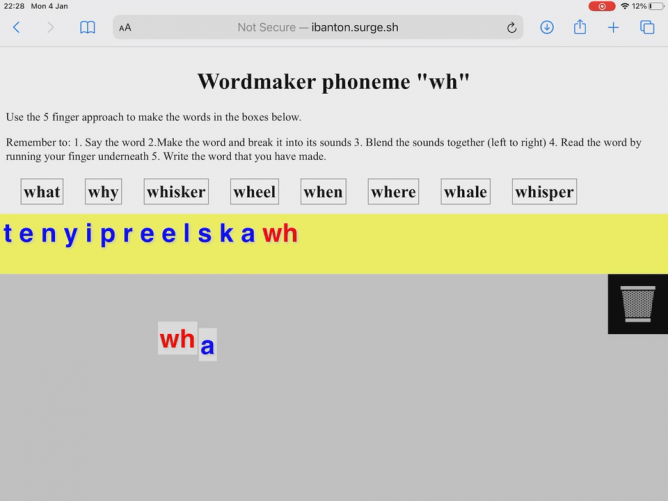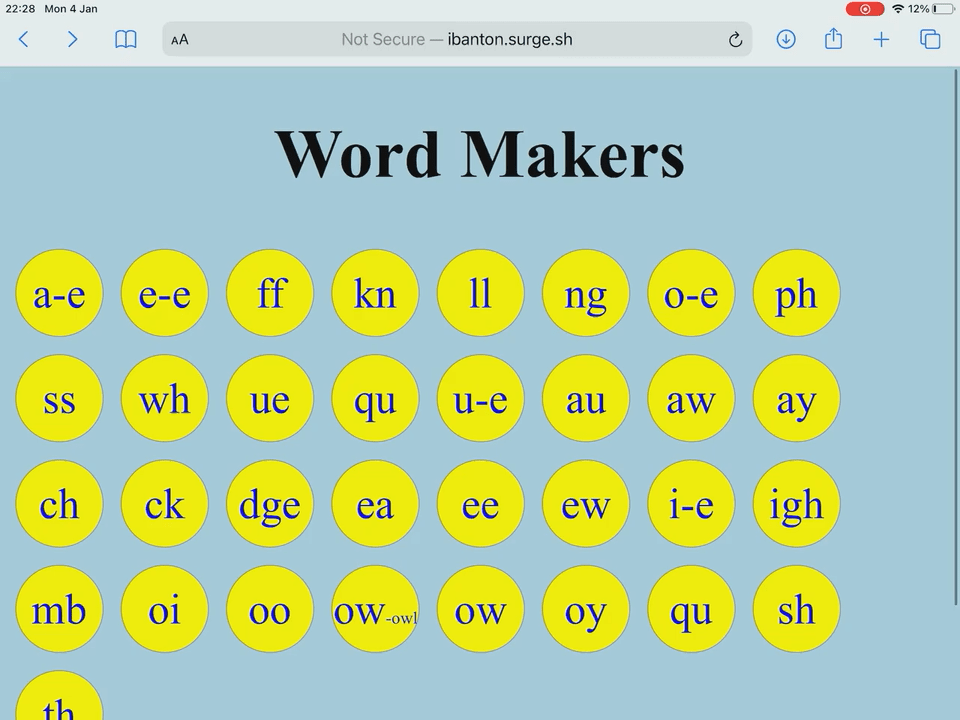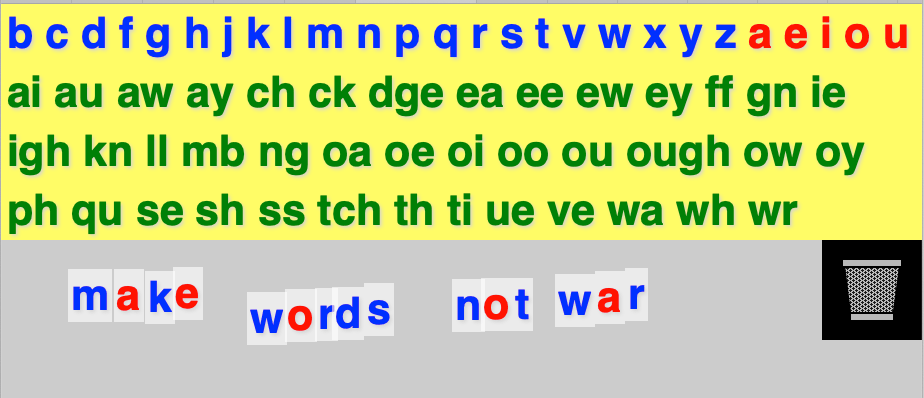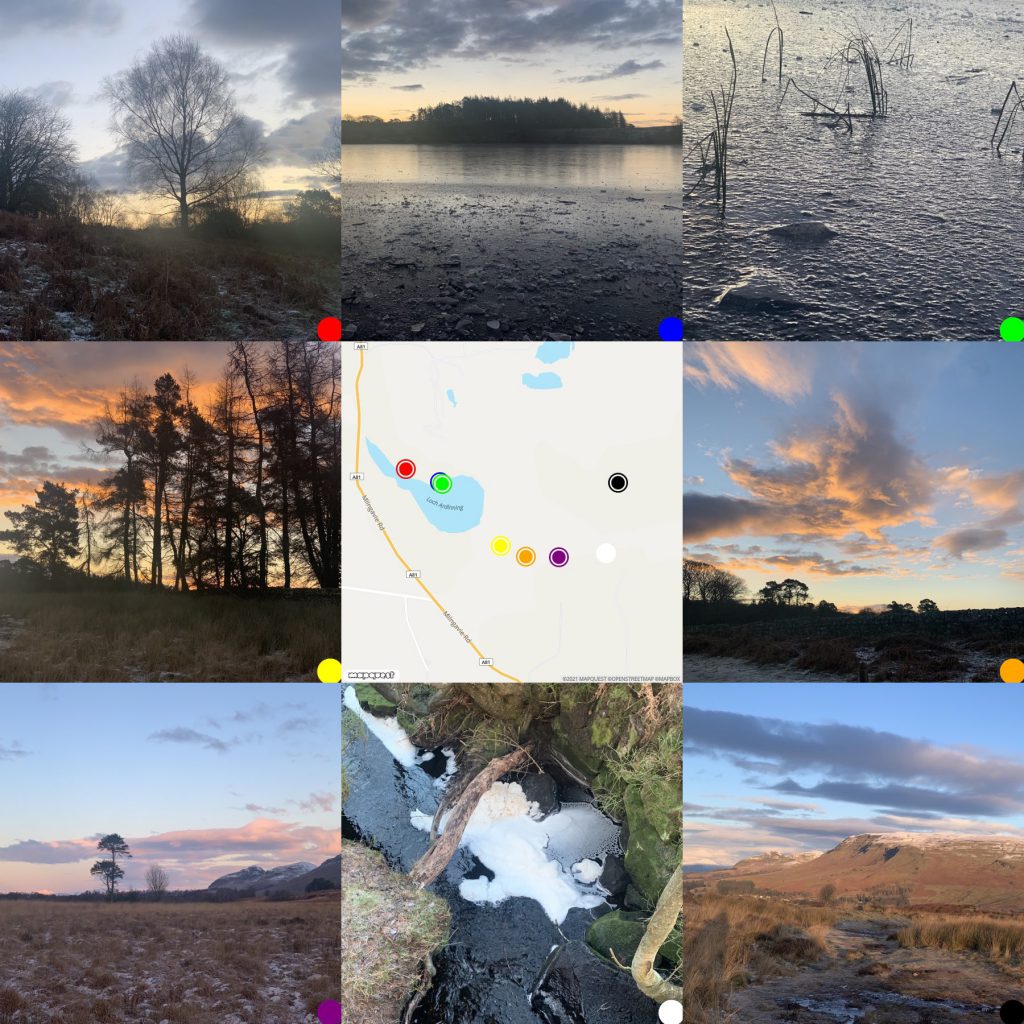The linked article, Edtech Needs Recoding to Transform Student ‘Users’ Into Digital Citizens – The Reboot is interesting.
Institutions have chosen to submerge students in a culture of computing that normalizes surveillance, exploitation, and control as if these were the objective features of computing itself. Can technological practice within education look any different?
A part of the suggested solution
supporting students to collectively design and govern their educational tools. There’s no better way to show them how tools can affect their thinking and social interactions, and to prepare them to critically shape the technologies that in turn shape our world.
I wonder how this can be addresses in primary & secondary education. The normalisation of the culture begins, surely, in the home & early education. I wonder if many educators even start to consider this problem. In my own sector, primary, where would we start?







